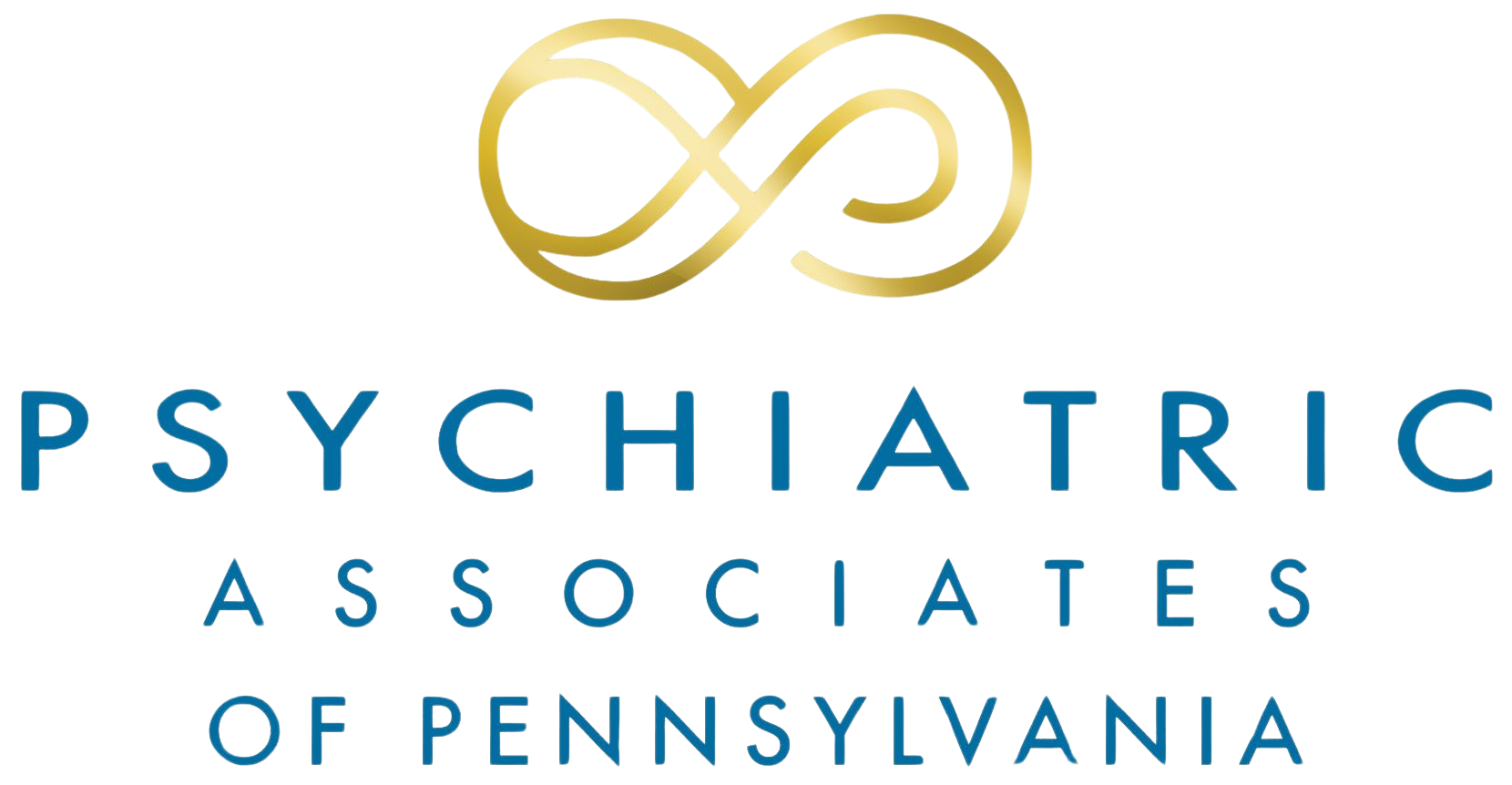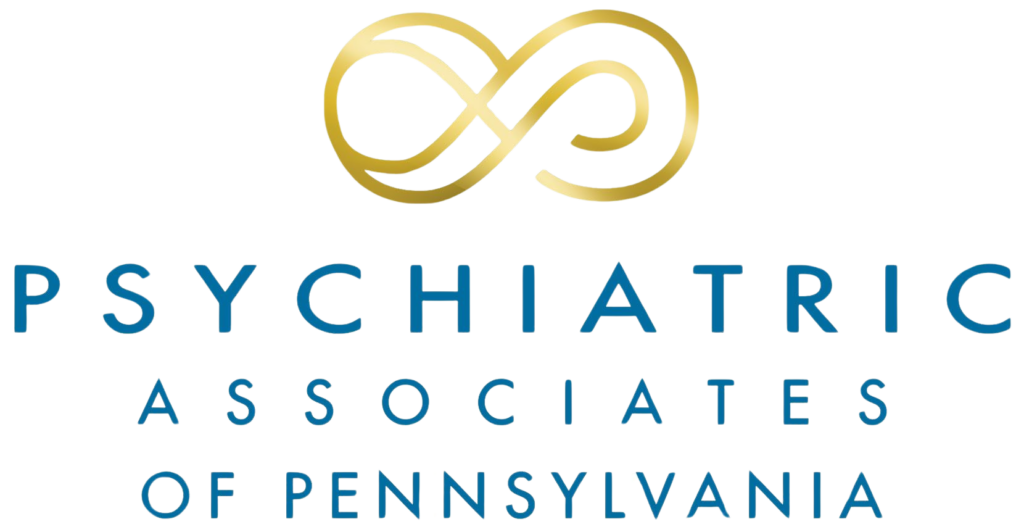Eating disorders are serious mental health conditions characterized by abnormal or disturbed eating habits that negatively affect a person’s physical health and emotional well-being. They often involve intense fears about weight gain, body image distortions, and unhealthy behaviors related to food and eating. The team of clinicians at Psychiatric Associate of Pennsylvania in Narberth, PA, provides compassionate and specialized care for individuals struggling with these disorders, helping them work toward recovery.
Eating disorders are not simply about food or weight but are complex conditions linked to emotional distress, anxiety, and difficulties in coping with life’s challenges. They often coexist with other mental health issues such as depression, anxiety disorders, or trauma-related disorders. Recognizing the signs and understanding the multifaceted nature of eating disorders is vital for timely intervention and effective treatment.
Common Types of Eating Disorders
Several distinct types of eating disorders are recognized clinically, each with unique features and diagnostic criteria. The most commonly diagnosed include Anorexia Nervosa, Bulimia Nervosa, and Binge Eating Disorder, though other specified feeding or eating disorders (OSFED) also exist.
Anorexia Nervosa is characterized by self-imposed starvation, an intense fear of gaining weight, and a distorted body image. Individuals with anorexia often severely restrict food intake, leading to dangerous weight loss and medical complications. Bulimia Nervosa involves recurrent episodes of binge eating—consuming large amounts of food in a short period—followed by compensatory behaviors such as vomiting, excessive exercise, or laxative use to avoid weight gain. Binge Eating Disorder is marked by frequent binge eating episodes without subsequent purging behaviors, often resulting in distress, guilt, and weight gain.
Other less common eating disorders include avoidant/restrictive food intake disorder (ARFID), which involves extreme food avoidance without concerns about body image, and pica or rumination disorder, which are characterized by eating non-food substances or repeated regurgitation of food, respectively.
Signs and Symptoms to Watch For
Eating disorders present with a wide array of physical, emotional, and behavioral signs that can sometimes be subtle and difficult to detect. Physical symptoms may include significant weight changes, gastrointestinal issues, fatigue, dizziness, or amenorrhea in females. Behavioral signs often involve preoccupation with food, calories, or dieting, avoidance of social eating situations, secretive eating habits, or rituals surrounding food.
Emotional symptoms can include feelings of shame, guilt, low self-esteem, anxiety, and depression. Individuals might exhibit mood swings or withdraw from friends and family. In severe cases, eating disorders can lead to life-threatening complications such as electrolyte imbalances, cardiac issues, or organ failure, underscoring the urgency of professional intervention.
Signs to watch for include:
- Drastic changes in eating habits or extreme dieting
- Frequent trips to the bathroom after meals
- Obsession with body weight, shape, or appearance
- Excessive exercise beyond normal fitness routines
- Withdrawal from social events or normal activities
- Mood changes such as irritability or depression
Recognizing these symptoms early allows for timely evaluation and treatment, which improves recovery outcomes.
Causes and Risk Factors
Eating disorders arise from a complex interaction of genetic, psychological, and environmental factors. No single cause explains the development of these conditions, but several risk factors have been identified.
Genetics may predispose some individuals to eating disorders, as studies show higher rates among family members. Psychological factors, including perfectionism, low self-esteem, and difficulties managing emotions or stress, contribute significantly. Many people with eating disorders also have a history of trauma or adverse childhood experiences.
Cultural and societal pressures related to body image and beauty ideals play a powerful role, particularly in environments that emphasize thinness or specific body types. Media portrayals and social media can exacerbate feelings of inadequacy and promote unhealthy comparisons. Additionally, certain life transitions, such as adolescence or stressful events, can trigger or worsen disordered eating behaviors.
Treatment and Support Options
Treatment for eating disorders is multidisciplinary and individualized, addressing the physical, psychological, and social aspects of the illness. At Psychiatric Associate of Pennsylvania, our clinicians collaborate with patients to create personalized treatment plans that often include medical monitoring, nutritional counseling, psychotherapy, and medication management when necessary.
Psychotherapy is a cornerstone of treatment, with approaches such as Cognitive Behavioral Therapy (CBT) demonstrating effectiveness in changing distorted thoughts and behaviors related to food and body image. Family-based therapy (FBT) can be especially helpful for adolescents, involving loved ones in recovery efforts. Other therapies, including dialectical behavior therapy (DBT) and acceptance and commitment therapy (ACT), provide tools to manage emotions and build healthier relationships with food.
Medical intervention may be required to address malnutrition, electrolyte imbalances, or other complications. Nutritional counseling supports restoration of healthy eating patterns and body weight. In some cases, medications such as antidepressants or antipsychotics can aid in managing co-occurring symptoms like anxiety or depression.
Living with and Recovering from an Eating Disorder
Recovery from an eating disorder is a gradual process that requires patience, support, and ongoing care. Many individuals experience setbacks but can achieve lasting improvements with the right resources and commitment. Recovery is not just about weight restoration but also about developing a healthier relationship with food, body image, and self-worth.
Developing coping strategies, building social support networks, and maintaining regular follow-ups with clinicians are essential components. Education about nutrition, mindfulness practices, and stress management techniques can empower individuals to sustain recovery. The clinicians at Psychiatric Associate of Pennsylvania are dedicated to guiding patients through every stage of this journey, helping them rebuild their lives in Narberth and the surrounding areas.
Understanding that eating disorders affect both mind and body highlights the importance of a comprehensive treatment approach. Early detection and intervention improve the likelihood of recovery and reduce the risk of serious health complications.
When to Seek Professional Help
If you or someone you love exhibits signs of an eating disorder, seeking professional help promptly is crucial. Early intervention leads to better outcomes and reduces the risk of chronic illness or medical complications. Persistent worries about weight, extreme dietary restrictions, binge eating episodes, or purging behaviors warrant a thorough clinical evaluation.
The clinicians at Psychiatric Associate of Pennsylvania provide compassionate assessments and evidence-based treatment options tailored to individual needs. No one has to face an eating disorder alone, and professional support is a vital step toward healing and recovery.
Resources
- National Eating Disorders Association. (2023). Types & Symptoms. https://www.nationaleatingdisorders.org/learn/general-information
- Treasure, J., Claudino, A. M., & Zucker, N. (2010). Eating disorders. The Lancet.
- Fairburn, C. G. (2008). Cognitive Behavior Therapy and Eating Disorders. Guilford Press.



